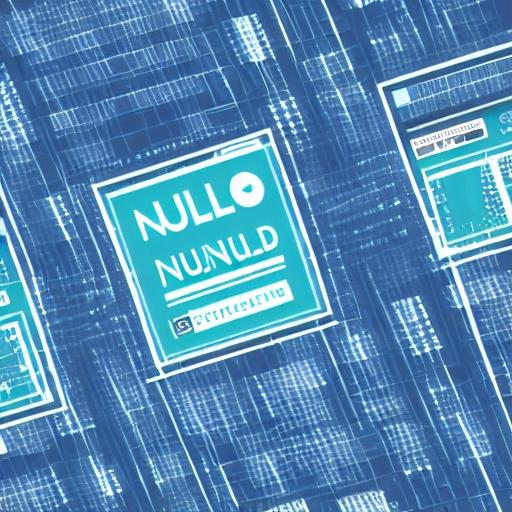Blockchain technology has emerged as a revolutionary tool that is transforming various industries. One of the sectors where blockchain has made significant inroads is finance. This decentralized and transparent technology has disrupted traditional financial systems, improving efficiency, accountability, and security. Let us explore the adoption process of blockchain in finance and its impact on the industry.
The adoption of blockchain in finance began with the creation of Bitcoin, the pioneering cryptocurrency. Bitcoin was launched in 2009 by an anonymous person or group named Satoshi Nakamoto. It introduced the concept of a peer-to-peer electronic cash system, based on blockchain technology. This innovation laid the foundation for the adoption of blockchain in finance.
Soon after, other cryptocurrencies such as Ethereum and Ripple gained popularity, offering functionalities and features beyond just being a digital currency. These cryptocurrencies introduced the concept of smart contracts, which are programmable agreements that execute automatically when predetermined conditions are met. Smart contracts eliminate the need for intermediaries and reduce transaction costs, making them an ideal solution for various financial applications.

The adoption of blockchain technology in finance gained momentum as financial companies realized its transformative potential. Major players in the industry started exploring the use of blockchain for various processes, including cross-border payments, supply chain finance, asset tokenization, and digital identity verification.
Cross-border payments, one of the most costly and time-consuming processes for financial institutions, became more efficient using blockchain technology. Traditional cross-border payments involve multiple intermediaries, resulting in delays and high fees. With blockchain, transactions can be settled directly between parties, reducing costs and settlement times significantly. Ripple, for instance, offers a blockchain-based platform for cross-border payments, enabling near-instant settlement at a fraction of the cost.
Supply chain finance is another area where blockchain has been adopted. By integrating blockchain into supply chain management systems, companies can accurately track and verify the movement of goods throughout the supply chain. This not only enhances transparency but also reduces fraud and improves trust among stakeholders. Blockchain-based supply chain finance platforms provide real-time visibility into transactions, enabling easy financing options for suppliers and optimizing inventory management.
The concept of tokenization has also gained traction in the finance industry. Tokenization refers to the representation of real-world assets, such as real estate or shares, as digital tokens on a blockchain. This enables fractional ownership, liquidity, and easy transferability of assets. Investors can access previously illiquid assets, and primary issuers can unlock capital by selling tokens. This innovation democratizes investment opportunities and provides increased accessibility to a wider range of investors.
Digital identity verification is another significant application of blockchain in finance. Traditional identity verification systems are often susceptible to fraud and breaches. Blockchain-based digital identity platforms offer a secure and tamper-proof solution for verifying and managing identities. Individuals have control over their personal data, and institutions can streamline the customer onboarding process, reducing costs and enhancing security.
The adoption of blockchain technology has revolutionized the finance industry, offering innovative solutions to long-standing challenges. By eliminating intermediaries, improving transparency, and enhancing security, blockchain has the potential to reshape the financial landscape.
